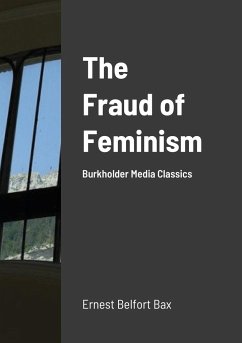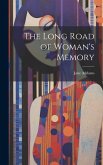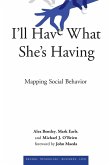The present volume aims at furnishing a succinct exposure of the pretensions of the Modern Feminist Movement. It aims at presenting the case against it with an especial view to tracking down and gibbetting the infamous falsehoods, the conventional statements, which are directly and categorically contrary to the truth, but which pass muster by sheer force of uncontradicted repetition. It is by this kind of bluff that the claims of Feminism are sustained. The following is a fair example of the statements of Feminist writers:-"As for accusing the world at large of fatuous indulgence for womanhood in general, the idea is too preposterous for words. The true 'legends of the Old Bailey' tell, not of women absurdly acquitted, but of miserable girls sent to the gallows for murders committed in half delirious dread of the ruthlessness of hypocritical Society." Now it is this sort of legend that it is one of the chief objects of the following pages to explode. The story of the "miserable girls sent to the gallows," etc., is, as far as living memory is concerned, a pure legend. It is well known that in the cases referred to of the murder of their new-born children by girls, at the very outside a year or two's light imprisonment is the only penalty actually inflicted. The acquittal of women on the most serious charges, especially where the victims are men, in the teeth of the strongest evidence, is, on the other hand, an everyday occurrence. Now it is statements like the above on which, as already said, the Feminist Movement thrives; its most powerful argumentative weapon with the man in the street is the legend that woman is oppressed by man. It is rarely that anyone takes the trouble to refute the legend in general, or any specific case adduced as an illustration of it. When, however, the bluff is exposed, when the real facts of the case are laid bare to public notice, woman is shown, not only as not oppressed but as privileged, up to the top of her bent. (From the Preface).
Hinweis: Dieser Artikel kann nur an eine deutsche Lieferadresse ausgeliefert werden.
Hinweis: Dieser Artikel kann nur an eine deutsche Lieferadresse ausgeliefert werden.








